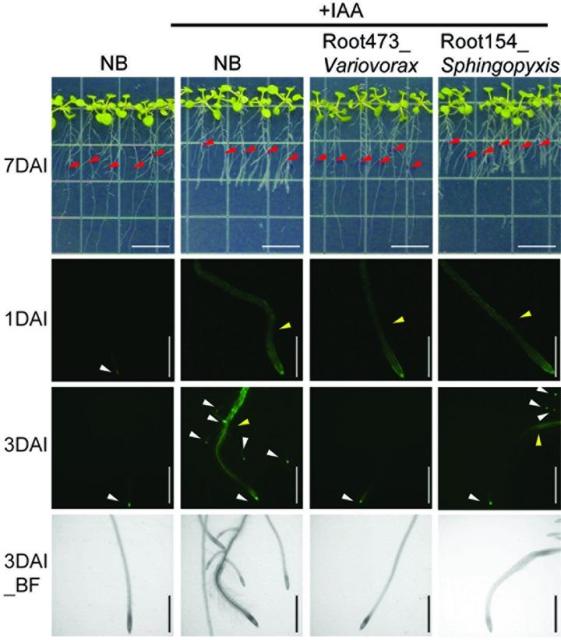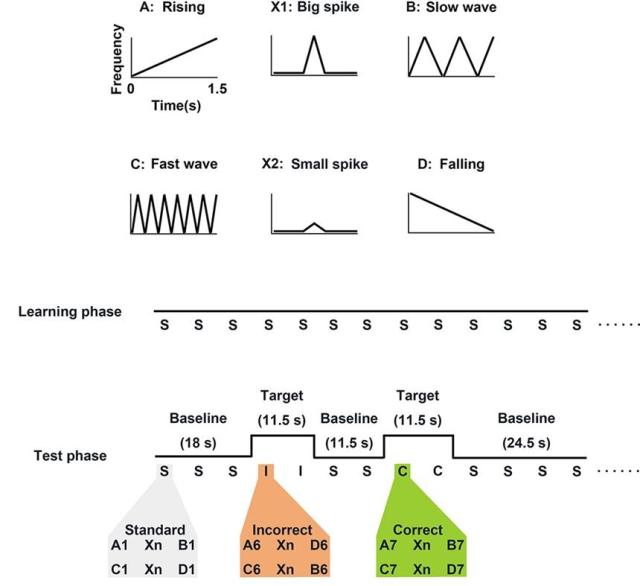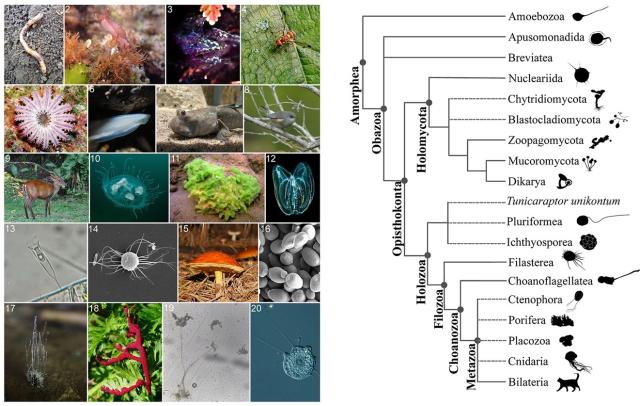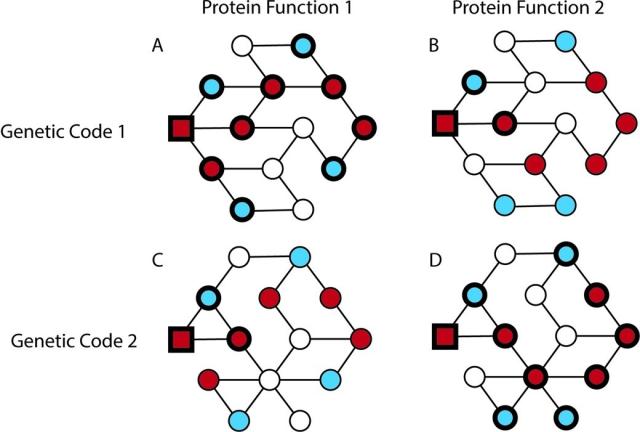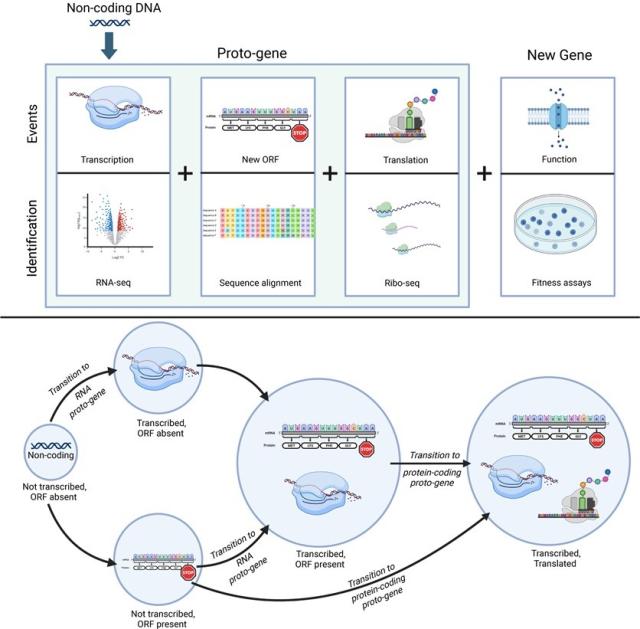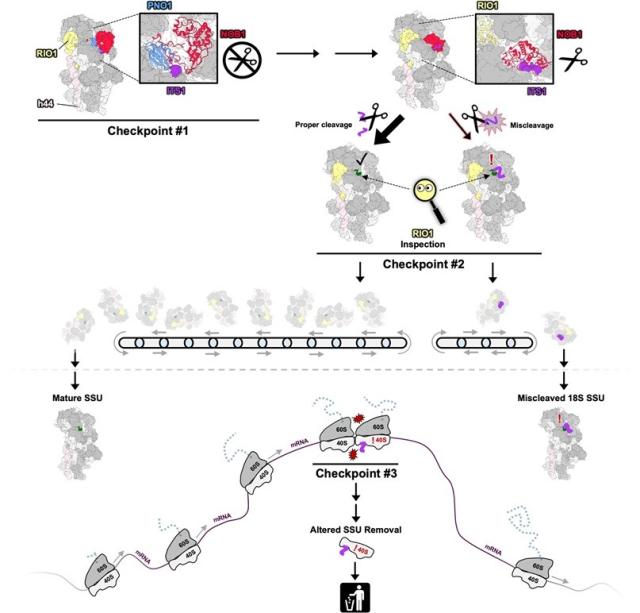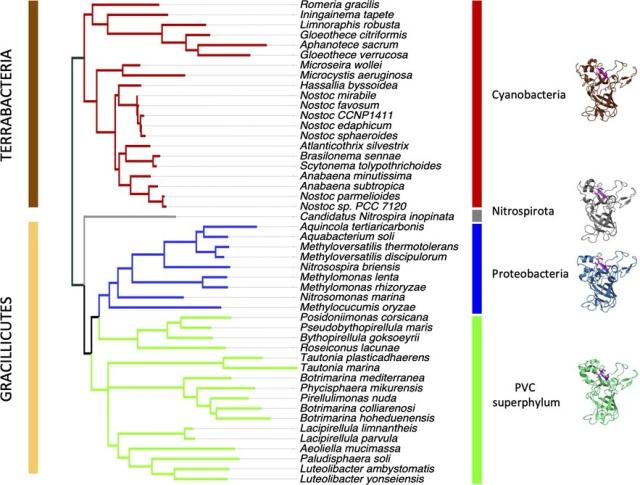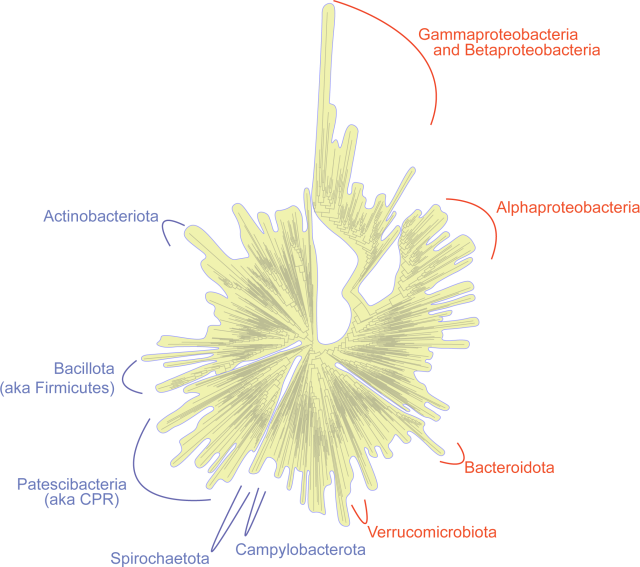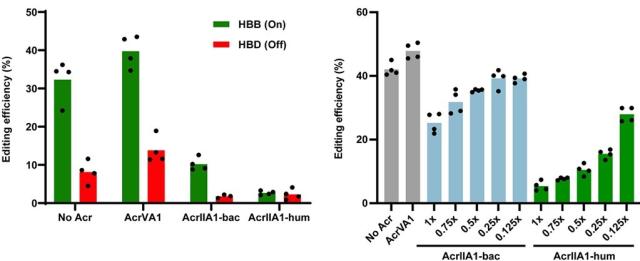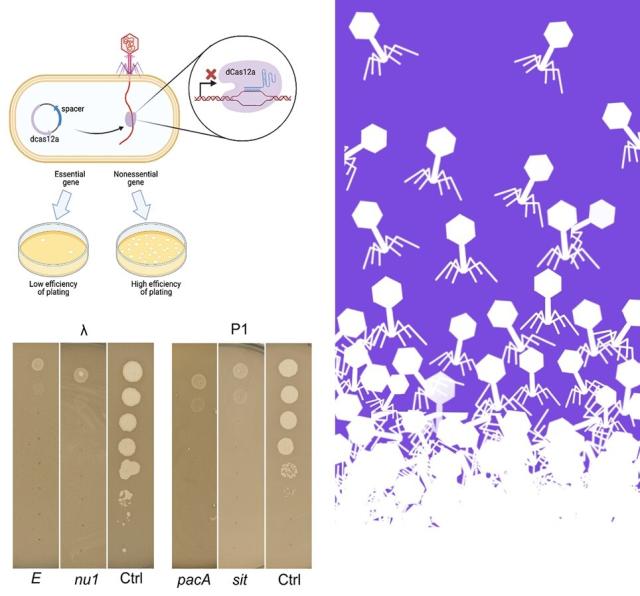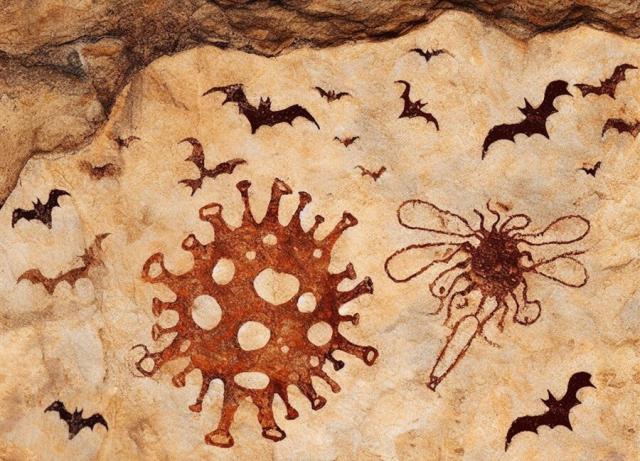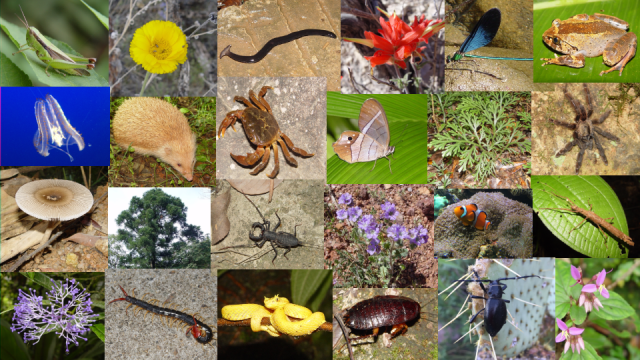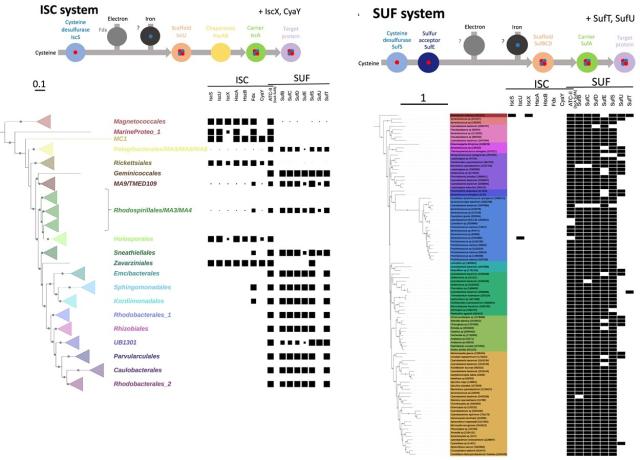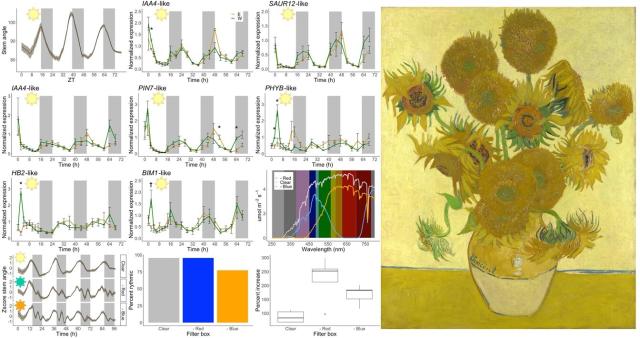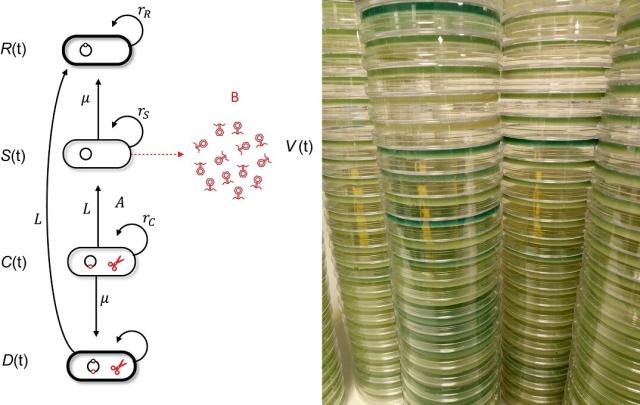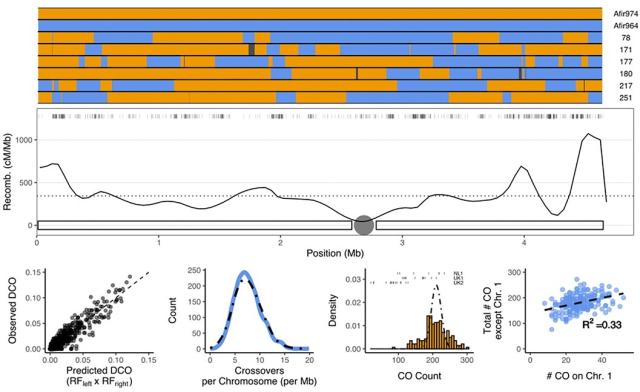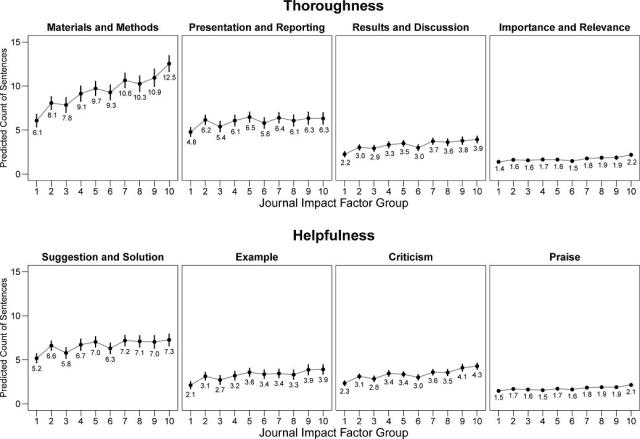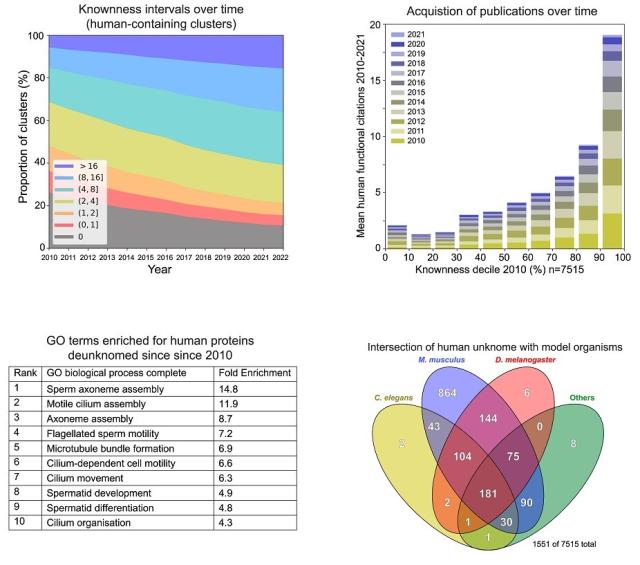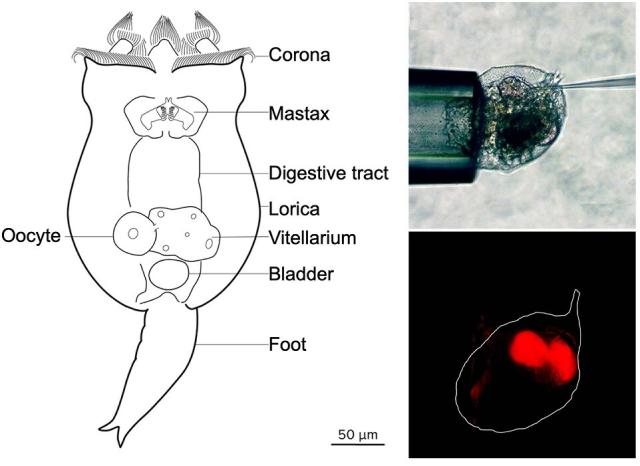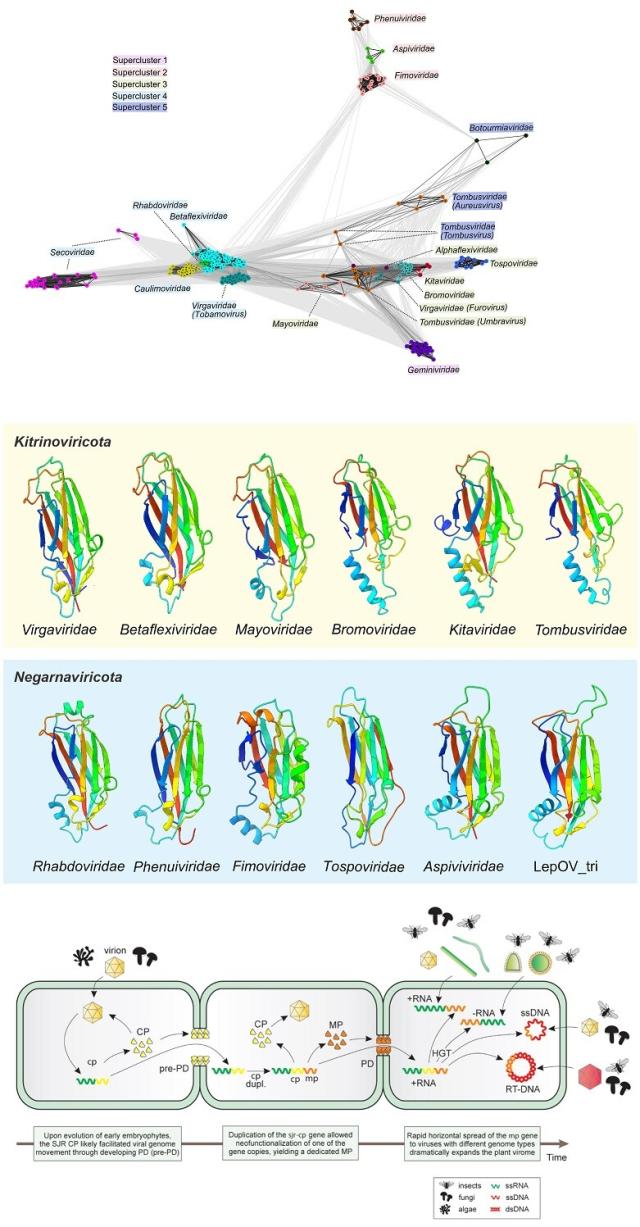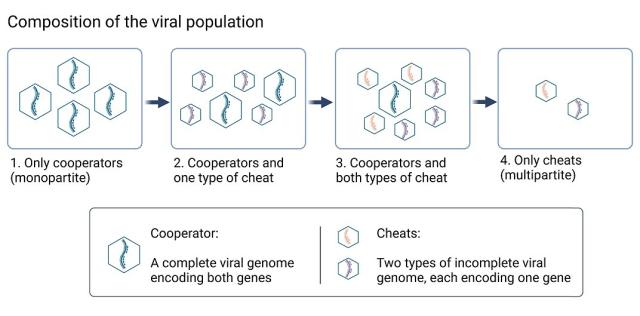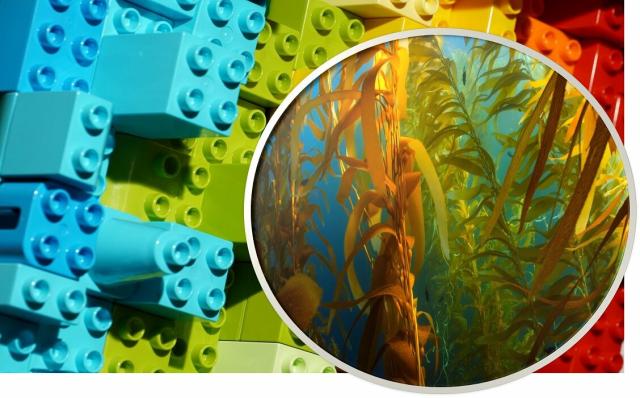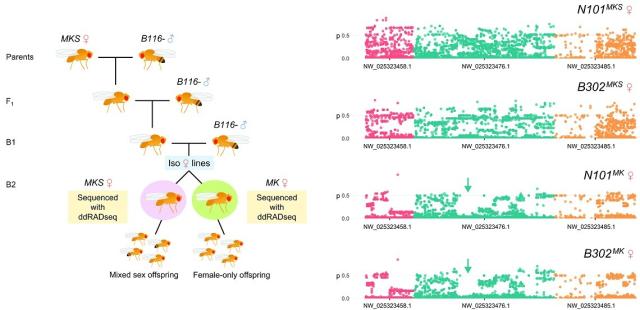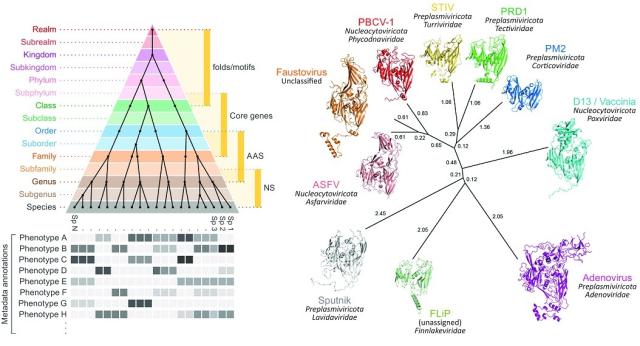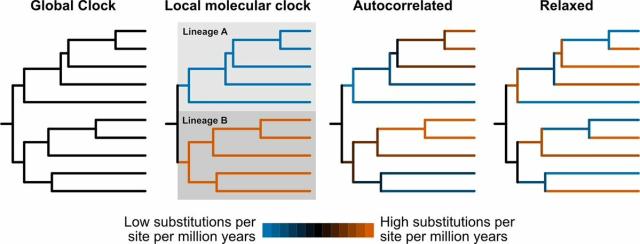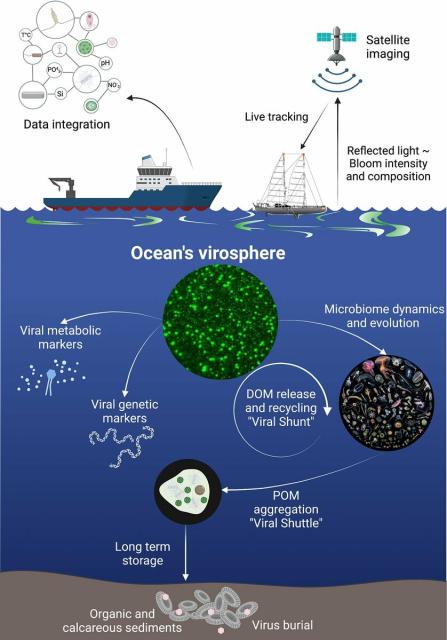Search
Items tagged with: plosbiology
In 2025, #PLOSBiology continues to advocate for policy based on scientific evidence.
I feel strongly about the need for evidence-based policy and a dogged defence of science. I said it in 2020, and will reiterate it til the end of time.
The world may change - our principles should not.
This 2020 Editorial, “We need leaders that believe in scientific evidence”, resonates today as loudly as ever: plos.io/34lyl59.
PLOS Biology also continues to push for DEI and a diverse scientific community:
plos.io/3rzxczU
We need leaders that believe in scientific evidence
In a world beset by attempts to undermine scientific evidence and evidence-based policy, we emphasize their important role in helping humanity rise to the challenges of our time.plos.io
Horizontal transfers between fungal Fusarium species contributed to successive outbreaks of coffee wilt disease
Outbreaks of coffee wilt disease, caused by the fungus Fusarium xylarioides, have severely impacted coffee production.plos.io
Systematic characterization of plant-associated bacteria that can degrade indole-3-acetic acid
How do plant-associated microbiota regulate plant hormones, affecting their growth and development? This study reveals that bacterial isolates associated with the roots of Arabidopsis and rice can degrade the auxin indole-3-acetic acid (IAA), mitigat…plos.io
Functional reorganization of brain regions supporting artificial grammar learning across the first half year of life
Infants have impressive auditory learning capabilities, even from the newborn stage. This study provides neuroimaging evidence that both newborns and 6–7-month-olds already learn and detect grammar-like rules, and that the underlying brain networks a…plos.io
A taxon-rich and genome-scale phylogeny of Opisthokonta
Opisthokonta is the major lineage that includes animals, fungi, and their unicellular relatives, but some ancient divergences remain contentious.plos.io
Genetic code robustness and protein evolvability are correlated and protein-specific
The relationship between genetic code robustness and protein evolvability is unknown. This Primer explores a new PLOS Biology study which uses in silico rewiring of genetic codes and functional protein data to identify a positive correlation between …plos.io
Promoter recruitment drives the emergence of proto-genes in a long-term evolution experiment with Escherichia coli
De novo gene birth from non-genic sequence has received considerable attention due to the widespread occurrence of genes that are unique to particular species. This study shows that within the short evolutionary timescale of the iconic E.plos.io
Multiple checkpoints ensure ribosomes have the correct end
The 3’ end of 18S ribosomal RNA is formed by the endoribonuclease Nob1, but how cells ensure the accuracy of the 3’ end has been a mystery.plos.io
An ancient bacterial zinc acquisition system identified from a cyanobacterial exoproteome
Bacteria have developed fine-tuned responses to cope with limiting amounts of the essential mineral zinc.plos.io
The move from a free-living environment to an endosymbiotic relationship has profound effects on bacterial function.
This #PLOSBiology Unsolved Mystery from John P McCutcheon &co explores how bacterial endosymbionts work with so few genes. #symbiosis
How do bacterial endosymbionts work with so few genes?
The move from a free-living environment to a long-term residence inside a host eukaryotic cell has profound effects on bacterial function.plos.io
Cas9 degradation in human cells using phage anti-CRISPR proteins
Bacteriophages encode anti-CRISPR proteins that inactivate CRISPR-Cas bacterial immune systems, allowing successful invasion, replication, and prophage integration.plos.io
Systematic and scalable genome-wide essentiality mapping to identify nonessential genes in phages
In this work, authors use an arrayed genome-wide CRISPR interference assay to map gene essentiality landscape in the canonical coliphages λ and P1.plos.io
Resurrection of 2′-5′-oligoadenylate synthetase 1 (OAS1) from the ancestor of modern horseshoe bats blocks SARS-CoV-2 replication
The human OAS1 protein restricts SARS-CoV-2 replication, but the horseshoe bat OAS1 has lost this ability.plos.io
How many #species are there on Earth? Projections have ranged from the millions to the trillions.
This Perspective looks at how a 2011 #PLOSBiology study transformed this field and what still needs to be done to find a definitive answer.
How many species are there on Earth? Progress and problems
How many species are there on Earth? Projections have ranged from the millions to the trillions. This Perspective looks at how a 2011 PLOS Biology study transformed this field and what is still to be done to find a definitive answer.plos.io
Components of iron–Sulfur cluster assembly machineries are robust phylogenetic markers to trace the origin of mitochondria and plastids
The symbioses that gave rise to primary organelles are key events in the origin of Eukaryotes. This study uses a dataset of markers belonging to two conserved machineries responsible for [Fe-S] cluster biogenesis to support an early emergence of mito…plos.io
Multiple light signaling pathways control solar tracking in sunflowers
Sunflowers are famous for their ability to track the sun throughout the day and then reorient at night to face east the following morning.plos.io
Transient eco-evolutionary dynamics early in a phage epidemic have strong and lasting impact on the long-term evolution of bacterial defences
Organisms use a range of defence systems to protect against their parasites. Using a bacteria-phage model system, we investigate what drives the transient evolution of different systems, which has important implications for host ecology and pathogeni…plos.io
The human fungal pathogen Aspergillus fumigatus can produce the highest known number of meiotic crossovers
Aspergillus fumigatus is a saprotrophic fungus that can cause serious life-threatening invasive infections in immunocompromised individuals. By constructing a recombination map, this study shows that A.plos.io
plos.io/3LqMumG
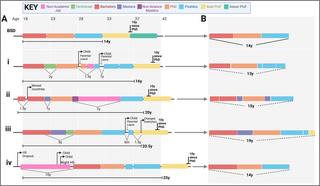
Supporting nonlinear careers to diversify science
Those who follow non-linear career trajectories often face disadvantages in academia. This Perspective looks at why individuals might choose non-linear careers and how these benefit diversity in science.plos.io
Relationship between journal impact factor and the thoroughness and helpfulness of peer reviews
An analysis of the content of 10,000 peer review reports reveals that reports submitted to journals with higher impact factors pay more attention to the materials and methods of a study but less attention to presentation and reporting, whereas journa…plos.io
Functional unknomics: Systematic screening of conserved genes of unknown function
The human genome contains many genes whose function remains mysterious, despite decades of research; this study presents a publicly available “Unknome database” and reveals that genetic screens that focus on this "unknome" can help shed light on fund…plos.io
Highly efficient CRISPR-mediated gene editing in a rotifer
Rotifers have been studied in the laboratory and field for over 100 years in investigations of microevolution, ecological dynamics and ecotoxicology.plos.io
Plant virus movement proteins originated from jelly-roll capsid proteins
Movement proteins, a signature of plant RNA and DNA viruses, enable cell-to-cell movement of the virus via plasmodesmata channels.plos.io
Cheating leads to the evolution of multipartite viruses
In multipartite viruses, the genome is split into multiple segments, each of which is transmitted via a separate capsid.plos.io
plos.io/3TR0ybT
Save the planet with green industries using algae
We can use photosynthesis to capture carbon and make industries greener. Algae-driven carbon capture and manufacturing offer the potential for reducing CO2 emissions while also producing commodities such as bioplastics.plos.io
A male-killing Wolbachia endosymbiont is concealed by another endosymbiont and a nuclear suppressor
Wolbachia bacteria live in the cells of many insects and have a variety of reproductive effects on their host.plos.io
@annasimsbiol discusses her new paper on superinfection exclusion in influenza virus plos.io/3HXscie and working in a #virology lab during a pandemic
#PLOSBiology #academiclife #AcademicChatter
biologue.plos.org/2023/03/22/h…

Behind the paper: human collaboration to study virus interactions - PLOS Biologue
In this ‘behind the paper’ post, Anna Sims discusses her experience working in a virology lab during the height of the COVID-19 pandemic while not working in SARS-COV-2, and the importance of collaboration and discussion with peers in science.PLOS Biology (PLOS Biologue)
Four principles to establish a universal virus taxonomy
Transforming an existing phenotypic classification of viruses into one based on evolutionary relationships that can accommodate the vast number of viruses characterized in metagenomics and environmental studies is an ongoing challenge.plos.io
In another Perspective, @RokasLab & @jlsteenwyk look at the effect that relaxed phylogenetics (first published in #PLOSBiology in 2006 by @alexeidrummond &co) has had on the field of #evolution plos.io/3XW1AEu
4/4
The dawn of relaxed phylogenetics
In 2006, a landmark study on relaxed phylogenetics was published in PLOS Biology. This Perspective discusses how relaxed phylogenetics has influenced the field of evolutionary biology by enabling researchers to investigate evolution’s tempo.plos.io
plos.io/3kJcjDY
Viral infection in the ocean—A journey across scales
Viruses are the most abundant biological entity in the ocean. This Essay journeys across several orders of magnitude of biological organization, time, and space, to investigate interactions between hosts and viruses in the ocean and their relevance f…plos.io
Hi Fediverse! 👋
We are very happy to be here! For those of us who don't know us, #PlosBiology is an #OpenAccess, #nonprofit scientific journal.
We are the PLOS flagship in the #LifeSciences. Our policies aim to depressurize de publication process & increase transparency. As all of PLOS, we're staunch promoters of #OpenScience.
Take a look at our current issue, with a gorgeous photo on the cover taken by one of our staff editors when she lived in #SouthAfrica


